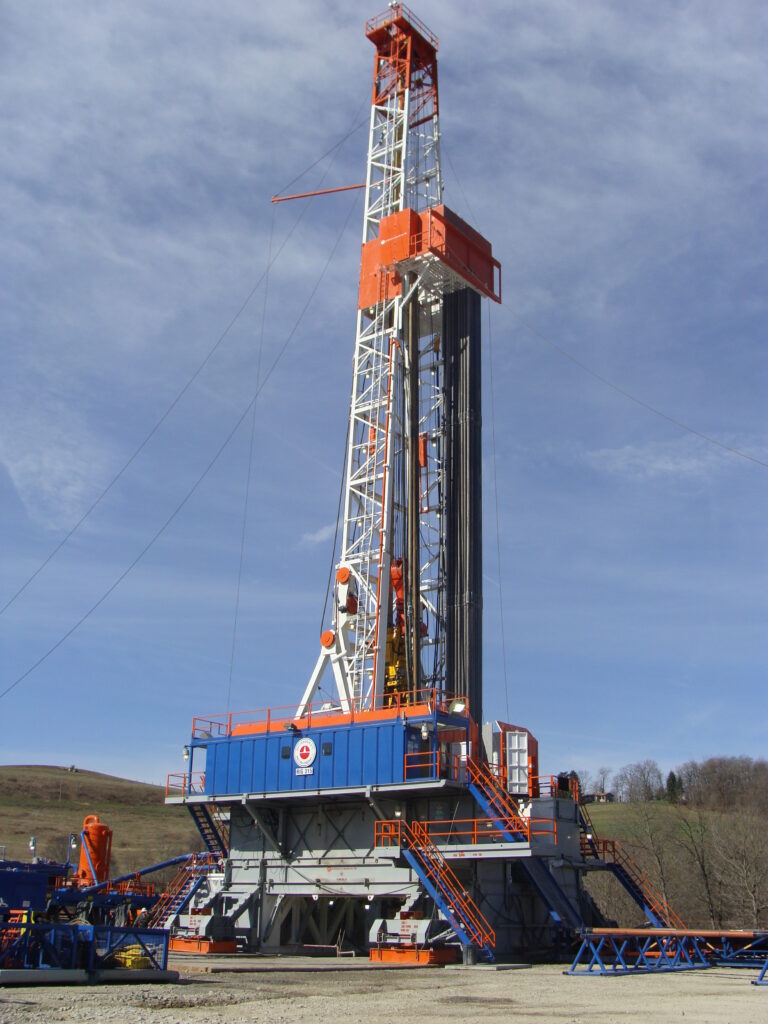
A ban on hydraulic fracturing would effectively eliminate the national security and economic gains America has made over the last 15 years, in addition to driving up energy costs for consumers and reversing significant air quality progress achieved, a new U.S. Department of Energy (DOE) report warns.
In “Economic and National Security Impacts under a Hydraulic Fracturing Ban,” the DOE’s Office of Fossil Energy underscores the importance of shale development to the electric power grid, supporting jobs and the ultimate resurgence of American manufacturing, and to reducing global greenhouse gas emissions.
As the pandemic-recovery ensues, domestic natural gas will be the engine to propel the nation forward and enable our economy to grow while keeping emission rates on the decline.
“Banning this technology would derail our recovery from recent COVID-related economic disruptions and increase the risk of another recession,” Assistant Secretary for Fossil Energy, Steve Winberg, said in a press release.
The emergence of America’s energy leadership over the past decade is directly tied to the increased production of shale gas and oil, the report states, and supports quality job opportunities across multiple economic sectors – many of which are filled by local building trades.
But all of this could be wiped out in just under four years, with America losing its “net energy exporter” status and an increased dependence on foreign resources, the report finds.
Moreover, U.S. CO2, NOx, and SO2 emissions would rise if fracking were banned, as natural gas use in power generation would decline.
Even the left-leaning thinktank, Progressive Policy Institute, recognizes natural gas’ “indispensable role” in supporting wind and solar energy generation capacity, and how a ban on this technology wouldn’t achieve climate goals:
“Demands to ‘ban fracking’ or keep shale gas ‘in the ground’ are not consistent with a balanced approach to decarbonizing the electric grid.”
With a new Presidential Administration being sworn in this week, it is important the findings of this report are not lost on anyone – especially lawmakers and regulators – as important policy discussions surrounding energy and climate are held and we chart natural gas’ path moving forward.
Here are a few key takeaways from DOE’s report:
Job Loss, GDP Reduction
In 2025, the United States economy would have 7.7 million fewer jobs, $1.1 trillion less in gross domestic product (GDP), and $950 billion less in labor income if we banned fracking.
Higher GHG Emissions
America’s environment would be worse off without hydraulic fracturing because less natural gas would be available for electricity generation, DOE states. The amount of natural gas used for electricity generation has increased significantly over the past decade, which is a “major factor” in overall power sector emissions being down 33% from peak 2007 levels.
In the first year of a ban, America would see a year-over-year increase in carbon dioxide (CO2), nitrogen oxides (NOx), and sulfur dioxide (SO2) emissions with these emissions rising 16 percent, 17 percent, and 62 percent respectively.
Renewed Energy Dependence
Because of America’s shale abundance, we have the ability to share our clean fuel source with the world, strengthening our geopolitical stature and helping to reduce global energy poverty. With more American liquefied natural gas exports reaching those who still heat homes with wood or cow dung, we can reduce global greenhouse gas emissions while also helping other countries wean dependence on energy from less democratic nations.
By 2025, “a hydraulic fracturing ban would reverse United States oil and natural gas production growth and return the country to a net-importer of oil and natural gas.”
Crippling Consumer Energy Costs
The DOE estimates that consumers would see energy price increases of more than $2.8 trillion between 2021 and 2025, which is approximately 12.8% of current GDP.
“With declining domestic production, the analysis suggests natural gas price implications under a hydraulic fracturing ban would be considerable, with an estimated 244 percent increase from the 2019 level, reaching $8.80 per million British Thermal Units by 2025.”




